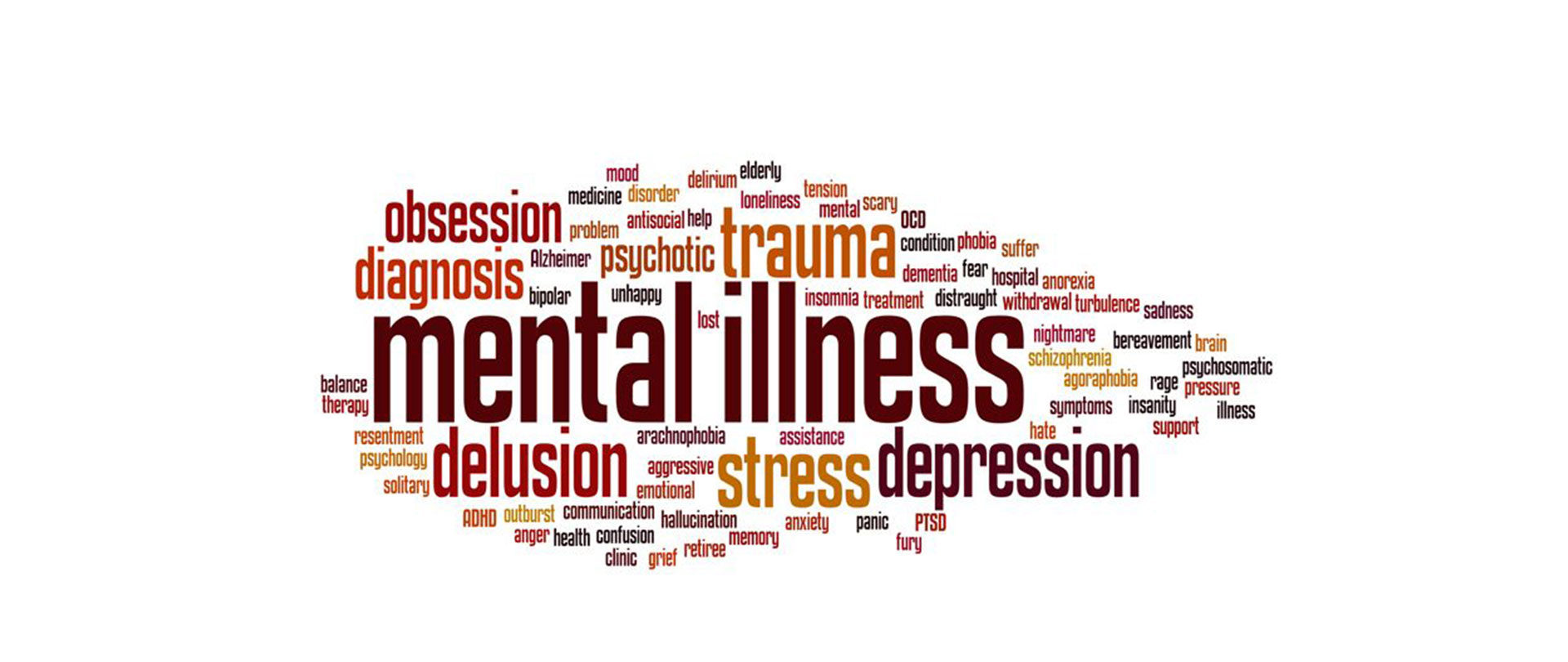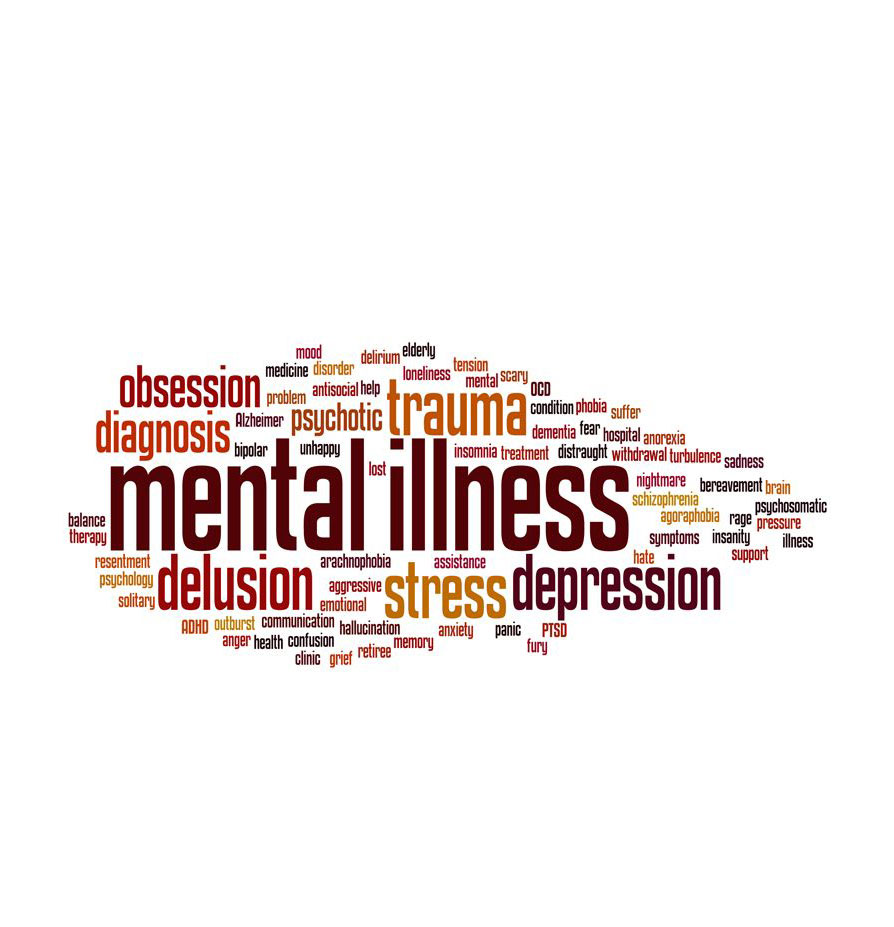We offer our employees the opportunity to grow personally and professionally and to contribute to the success of our organisation. To submit your application for employment consideration, kindly fill in the application form & email it to info@divyaminstitute.com




OCD is represented by diverse symptoms inclusive of:
It’s estimated around 12 in every 1,000 people are affected by the condition. OCD affects men, women and children. The condition typically starts to significantly interfere with a person’s life during early adulthood, although problems can develop at any age.
OCD will cause you considerable fear and distress. They will take up a significant amount of time, and disrupt your ability to carry on with your day-to-day to life. Many people with OCD experience feelings of shame and loneliness which often stops them from seeking help. They try to cope with OCD alone, until the symptoms are so severe they can’t hide them anymore. OCD is also known to have a close association with depression, and some people find obsessions appear or get worse when they are depressed.
People with OCD are often reluctant to seek help because they feel ashamed or embarrassed. However, if you have OCD, there is nothing to feel ashamed or embarrassed about. It is a long-term health condition like diabetes or asthma, and it is not your fault you have it. Seeking help is important because it is unlikely your symptoms will improve if left untreated, and they may get worse.
You should visit your Psychiatrists if you think you may have OCD. Initially, they will probably ask a number of questions about your symptoms and how they affect you.
You might find that some objects or experiences make your obsessions or compulsions worse, and you try to avoid them as a result. For example, if you fear contamination, you might avoid eating and drinking anywhere except in your own home. Avoiding things can have a major impact on your life.
Genetics
Genetics is thought to play a part in some cases of OCD & it runs in Family. Research suggests OCD may be the result of certain inherited genes that affect the development of the brain.
Brain differences
Brain imaging studies have shown some people with OCD have differences in certain parts of their brain, including increased activity and blood flow, and a lack of the brain chemical serotonin.
Serotonin
Serotonin may play a part in OCD. Serotonin is responsible for regulating a number of the body’s functions, including mood, anxiety, memory and sleep. Medication that increases the levels of serotonin in the brain, such as certain types of antidepressant, have proven effective in treating OCD.
Life events
OCD may be more common in people with a history of having experienced emotional, physical or sexual abuse, neglect, social isolation, teasing or bullying.
Personality
People with certain personality traits may be more likely to have OCD. For example, if you are a neat, meticulous, methodical person with high standards – a “perfectionist” – you may be more likely to develop the condition.
OCD may also be a result of simply being more prone to becoming tense and anxious than most people, or having a very strong sense of responsibility for yourself and others.
Some people with OCD may also have or develop other serious mental health problems, including:
Treatment for obsessive compulsive disorder (OCD) depends on the how much the condition is affecting your daily life.
The two main treatments are:
Our Mission is to provide Comprehensive Psychiatric Care and spread the awareness about Mental Health by reducing the stigma in the society. Our Vision is to become widely recognised Institute providing Tertiary Level Care in all spheres of Psychiatry. We wish to lead the field by Innovative Approach, Pioneering Research and Inspiring Education.